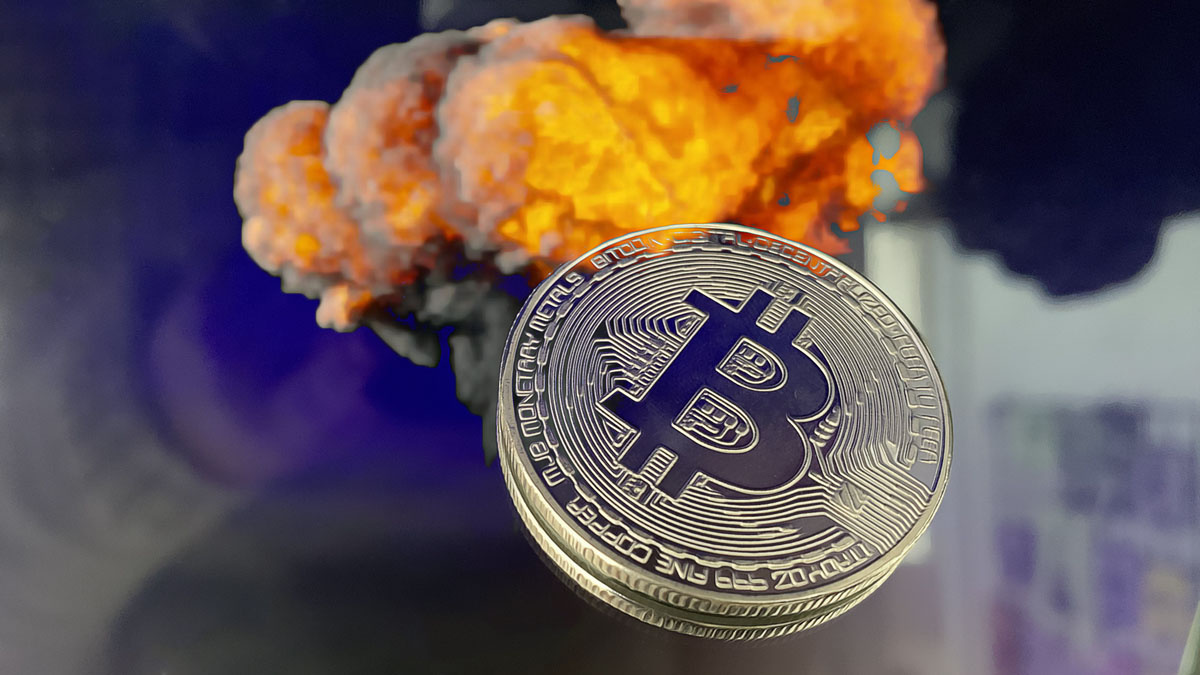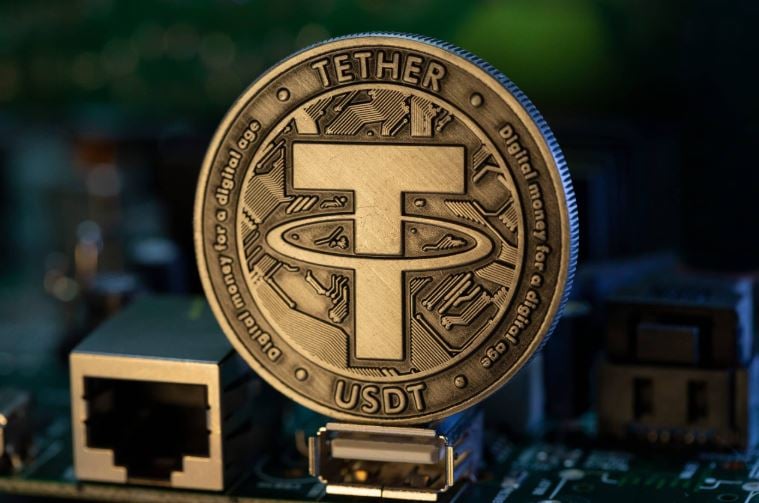Iran’s largest cryptocurrency exchange, Nobitex, suffered a devastating cyberattack this week, resulting in losses estimated at $100 million and prompting widespread internet outages across the country.
The Hack on Nobitex’s Hot Wallets
The cyberattack specifically targeted Nobitex’s hot wallets—digital wallets connected to the internet used for daily transaction processing. This breach directly compromised customer funds, shaking confidence in the security of one of Iran’s foremost crypto platforms. Hot wallets, while providing transactional convenience, are notoriously exposed to cyber vulnerabilities if not secured with rigorous protocols. This attack exploited these weaknesses, allowing the perpetrators to siphon a staggering amount of cryptocurrency without immediate detection.
Nationwide Internet Blackouts Following the Attack
Shortly after the hack was detected, Iran experienced a series of extensive internet blackouts that lasted several hours. These outages disrupted not only Nobitex’s platform but also critical communications across businesses and individual users nationwide. The blackout further complicated attempts to investigate the breach in real time and impeded the government and private sectors’ response efforts. The exact reasons for these outages remain unclear, though analysts suggest they may have been deliberate containment measures or side effects of malicious cyber activities.
Temporary Suspension of Trading Activities
In the wake of the attack, Nobitex acted swiftly to mitigate further damage by suspending all trading operations. This pause allows law enforcement and cybersecurity experts to conduct thorough investigations and assess the full scope of the breach. Nobitex’s CEO, Seyed Reza Mortazavi, emphasized the seriousness of the incident, describing it as a significant blow to user trust and the broader digital asset ecosystem in Iran. The halt in trading activities reflects the platform’s prioritization of security over business continuity in an uncertain threat environment.
Suspicions of a Sophisticated Cybercrime Group
Iranian authorities suspect that a highly organized and skilled cybercrime group, possibly backed by a state actor, orchestrated the hack. The sophistication of the breach surpasses the capabilities commonly associated with typical hacker groups operating in the region. Cybersecurity expert Dr. Laleh Farshad noted that “The scale and coordination of this attack indicate capabilities beyond typical cybercriminal groups, pointing to potential state actors.” Such a hypothesis underscores the geopolitical complexities intertwined with cyberspace operations in Iran.
The Largest Financial Hack in Iran’s History
This incident is regarded as one of the most significant financial cyberattacks in Iran’s history, eclipsing prior breaches both in scale and impact. It raises urgent questions about the resilience of Iran’s cybersecurity frameworks, especially within the burgeoning digital economy. The hack has ignited discussions across government agencies, private tech firms, and financial institutions about the adequacy of current protective measures and the need for reinforced cybersecurity protocols.
Iran’s Cryptocurrency Evolution and Regulatory Challenges
The backdrop to this event includes Iran’s evolving regulatory stance toward cryptocurrencies. As domestic interest in digital currencies has surged, authorities have wrestled with balancing innovation against risks posed by illicit activities and regulatory oversight. Compounding this are the stringent international sanctions that restrict Iran’s access to traditional global financial markets, making cryptocurrencies both an appealing alternative and a potential security risk.
Iran’s regulatory framework around cryptocurrency continues to adapt amid this complex environment. However, the Nobitex hack starkly exposes critical vulnerabilities within the country’s digital infrastructure and regulatory oversight. These security gaps highlight the challenges faced in protecting assets and users within rapidly expanding and highly interconnected digital financial ecosystems.
Forward-Looking Perspectives on Cybersecurity and Government Involvement
Looking forward, cybersecurity experts widely anticipate increased government involvement in the monitoring and securing of cryptocurrency exchanges. This response could involve tighter regulations, enhanced compliance requirements, and concerted efforts to develop stronger defensive infrastructures against cyber threats.
Nonetheless, the challenge remains profound. As cyber threats grow more sophisticated and intertwined with geopolitical conflicts, Iran’s digital financial sector must navigate an increasingly complex landscape. The Nobitex breach serves as a critical wake-up call—prompting both public and private sectors to accelerate their efforts to safeguard digital assets and maintain trust amid rising cyber risks.
The trajectory of Iran’s cryptocurrency landscape will likely be shaped by how effectively these security challenges are addressed, balanced against the evolving needs of users and the pressures of international isolation. The coming months and years will be critical in determining whether stronger cybersecurity measures can restore confidence and secure this vital segment of Iran’s economy.




